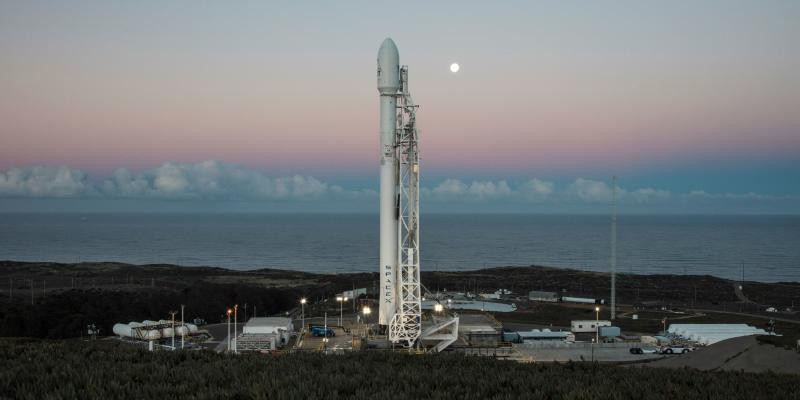×
The Standard e-Paper
Stay Informed, Even Offline

Falcon 9 at Space Launch Complex 4E at Vandenberg Air Force Base, California. [File]
The launch of Kenya's first Earth Observation Satellite Taifa 1, set to take place at Vandenberg Base, California in the USA was aborted again on Friday.